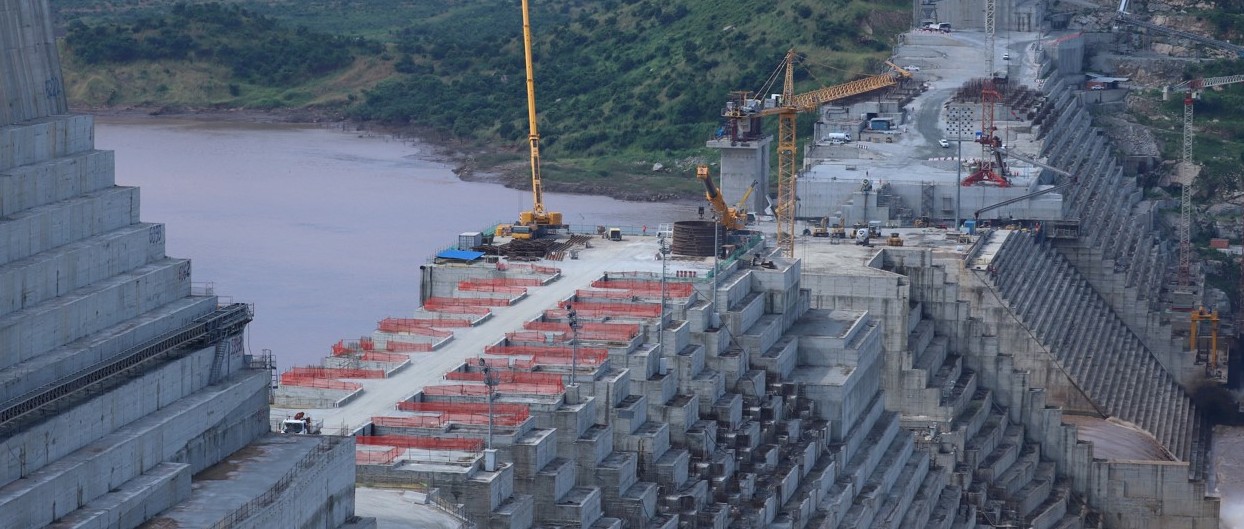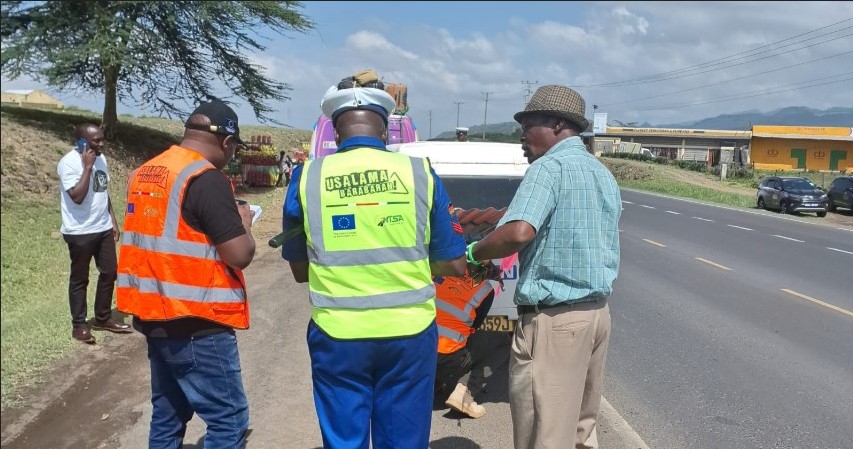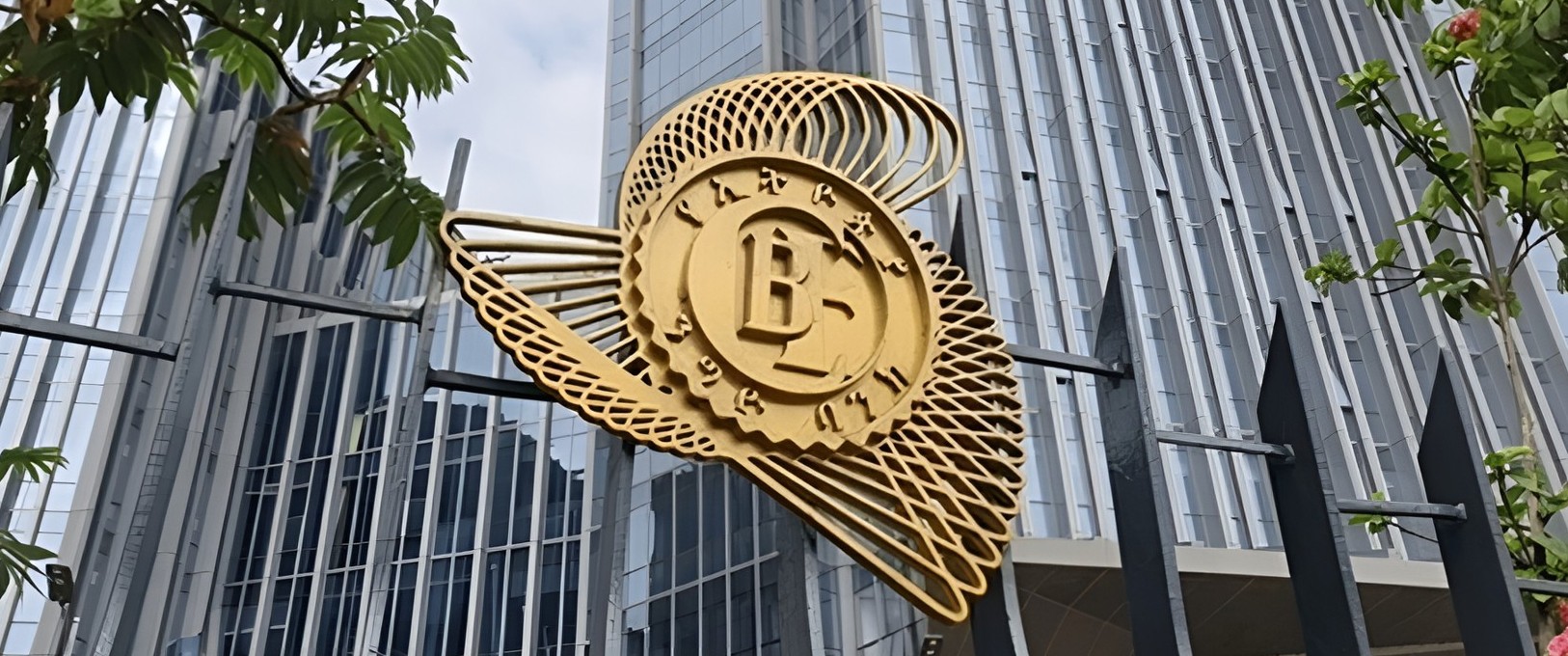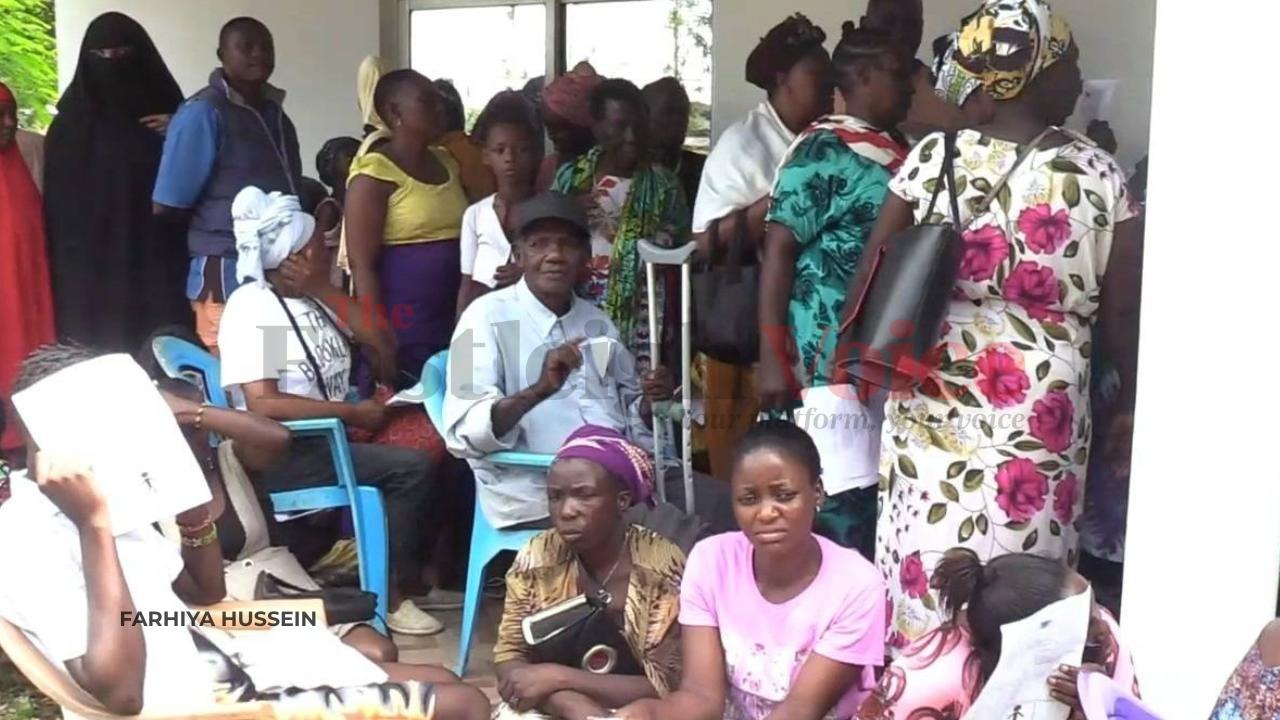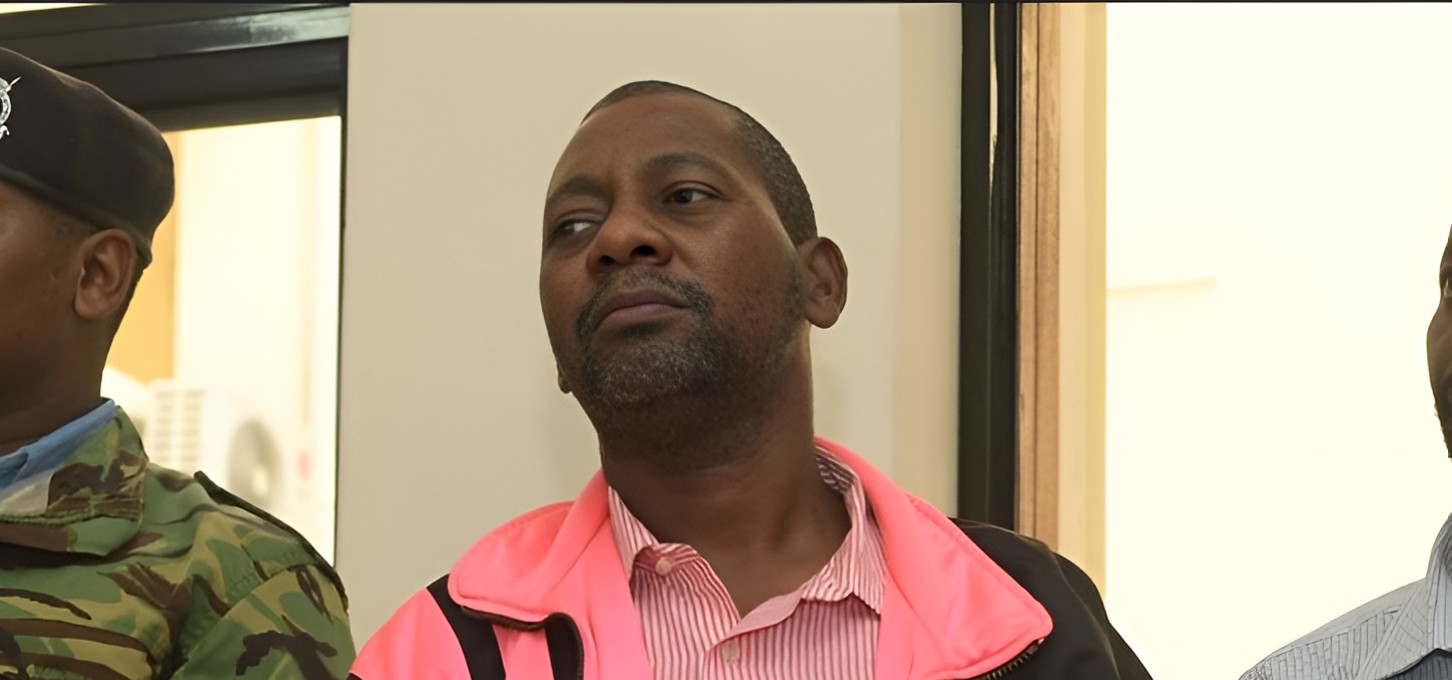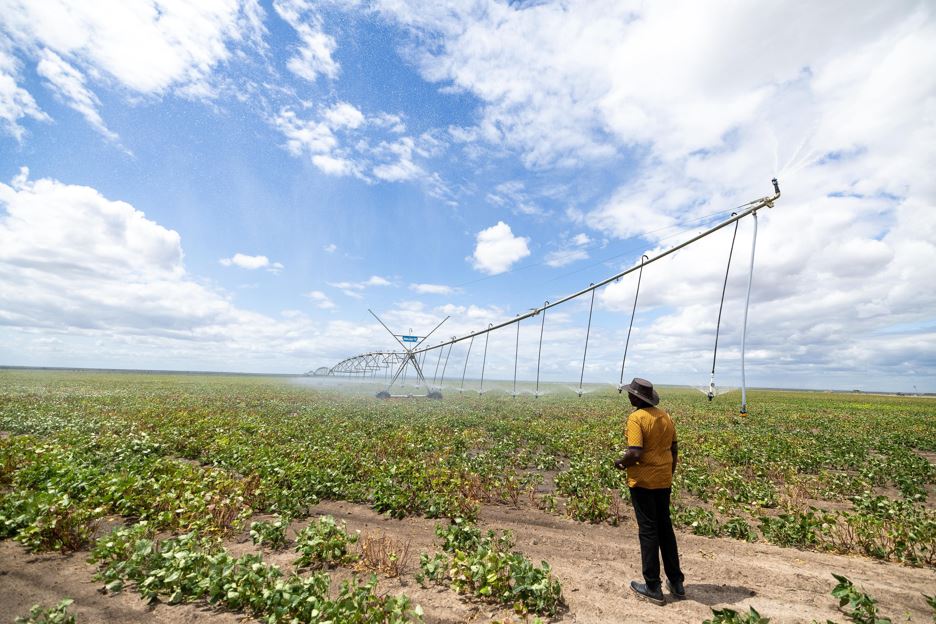Terrorism or protest? What Kenyan law says about anti-government demos and charges
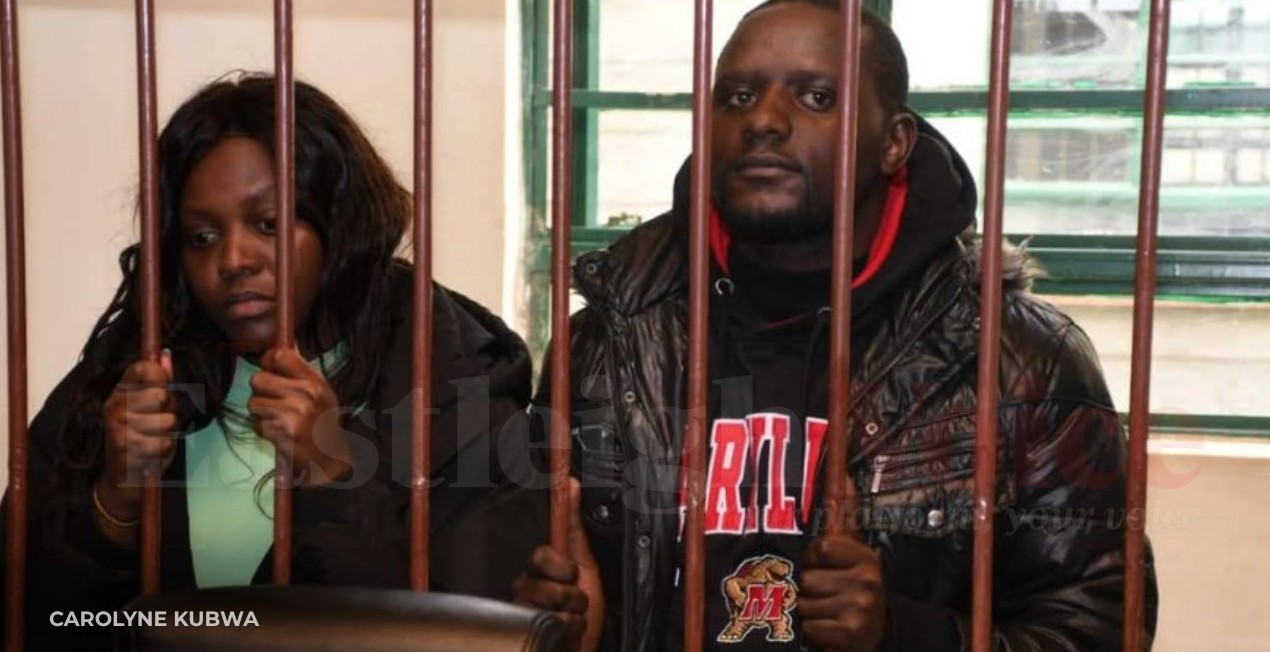
Under the Prevention of Terrorism Act, terrorism is defined as any act that causes serious harm or endangers life, property, or public safety, and is carried out to intimidate the public, influence government policy, or destabilise political, religious, or constitutional systems.
A fresh wave of controversy has erupted in Kenya after the Office of the Director of Public Prosecutions (ODPP) defended its decision to charge several anti-government protesters with terrorism-related offences.
In a statement issued on Monday, the ODPP insisted that the charges are legally justified, pointing to violent incidents during the demonstrations that allegedly targeted government infrastructure and security personnel.
More To Read
- Interior CS Kipchumba Murkomen slams LSK for 'backing violent protest suspects over victims'
- Bobby Mkangi: Terrorism charges on protesters show government's weakness, not strength
- Terrorism charges spark outcry as State 'clamps down on dissent'
- ODPP defends use of terrorism charges against protesters amid public outcry
- Vocal Africa condemns Ruto’s administration for using terrorism charges to silence Kenyan activists
- ODPP distances itself from Wajir Huduma Centre boss disappearance, cites no arrest powers
The charges, brought under the Prevention of Terrorism Act, have drawn sharp criticism from civil society organisations, legal experts, and human rights defenders. Many argue that the state is misusing stringent anti-terror laws to suppress political dissent.
The backlash has not only intensified debate over the government’s response to the protests but also sparked widespread confusion over what actually constitutes terrorism—or even treason—under Kenyan law.
So, what does the law say?
This explainer breaks down the legal thresholds for such charges, clarifies what qualifies as terrorism or treason under Kenyan legislation, and examines whether recent events fall within those definitions.
Defining terrorism
Under the Prevention of Terrorism Act, terrorism is defined as any act that causes serious harm or endangers life, property, or public safety, and is carried out to intimidate the public, influence government policy, or destabilise political, religious, or constitutional systems.
The Act, enacted to bolster Kenya’s response to violent extremism, sets the legal threshold for what qualifies as a terrorism offence in the country.
Some of the key elements that constitute a terrorist act include:
• Use of violence against individuals or groups.
• Causing serious risk to public health or safety.
• Use of explosives, firearms, or release of toxic substances.
• Disruption of communication, transport, or emergency systems.
• Acts that aim to intimidate the public or destabilise political and constitutional structures.
Intent matters
The law also outlines the importance of intent.
For an act to be classified as terrorism, it must be committed to intimidate the public, coerce the government, or destabilise religious, political, or constitutional institutions.
Crucially, the law protects peaceful protests and demonstrations from being labelled as acts of terrorism—as long as they are not intended to cause harm.
This distinction is expected to play a central role in the upcoming court proceedings.
Prosecutors may argue that the scale and intensity of destruction witnessed during the protests, especially around Parliament, went beyond lawful civic expression and amounted to violent disruption.
What about terrorism-related charges?
In addition to direct acts of terrorism, the law outlines a wide range of terrorism-related offences. These include:
• Possession of weapons or explosives with the intent to commit a terrorist act.
• Providing training or instruction in making or using weapons for terrorist purposes.
• Belonging to or supporting a terrorist group.
• Knowingly harbouring or aiding someone involved in terrorism.
These offences carry heavy penalties, including life imprisonment in the most severe cases.
What happens next?
It is now up to the courts to determine whether the terrorism charges are legally sound.
Their decision could set a significant precedent for how future protests are managed—and whether the government can continue invoking anti-terror laws in response to demonstrations.
Top Stories Today
